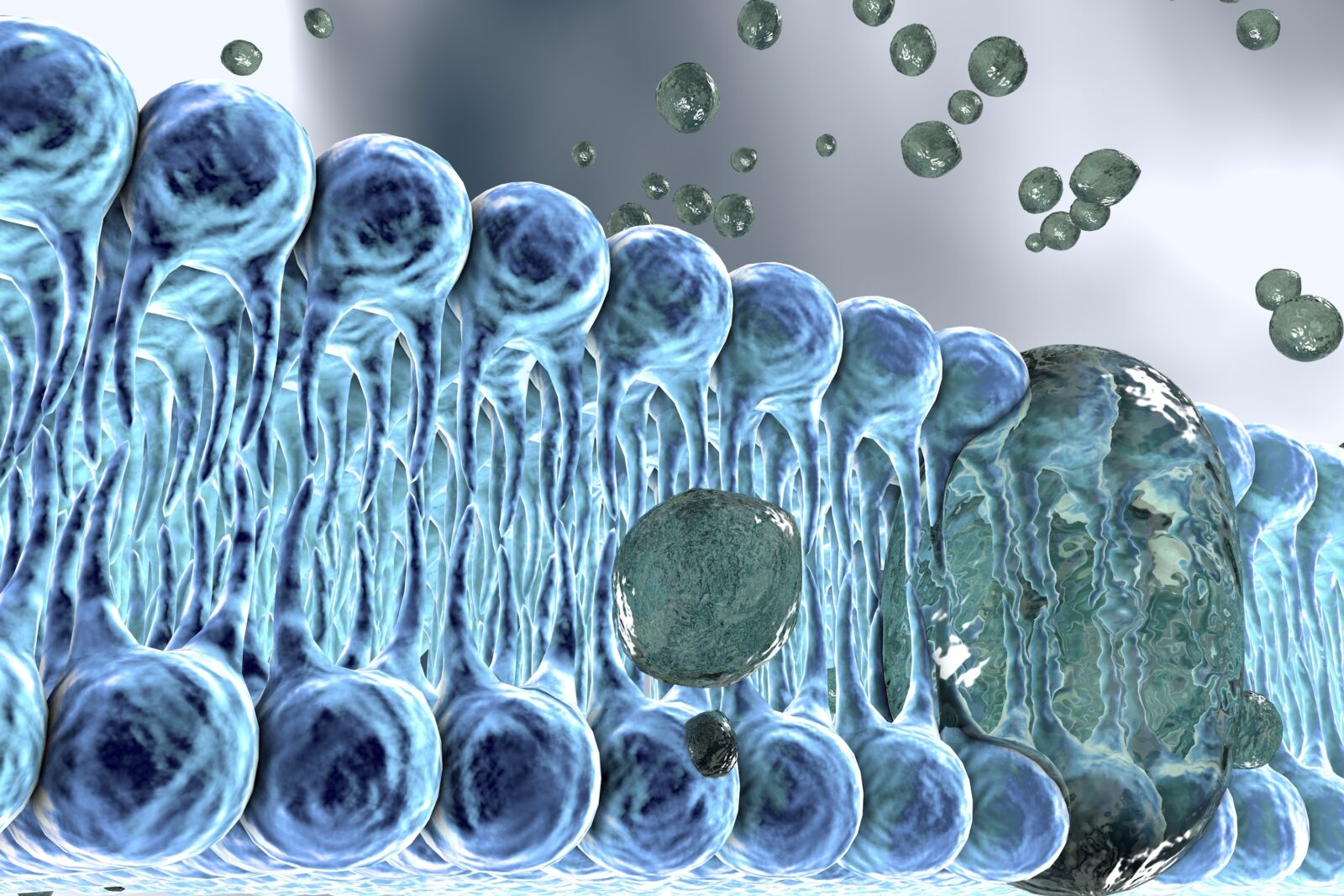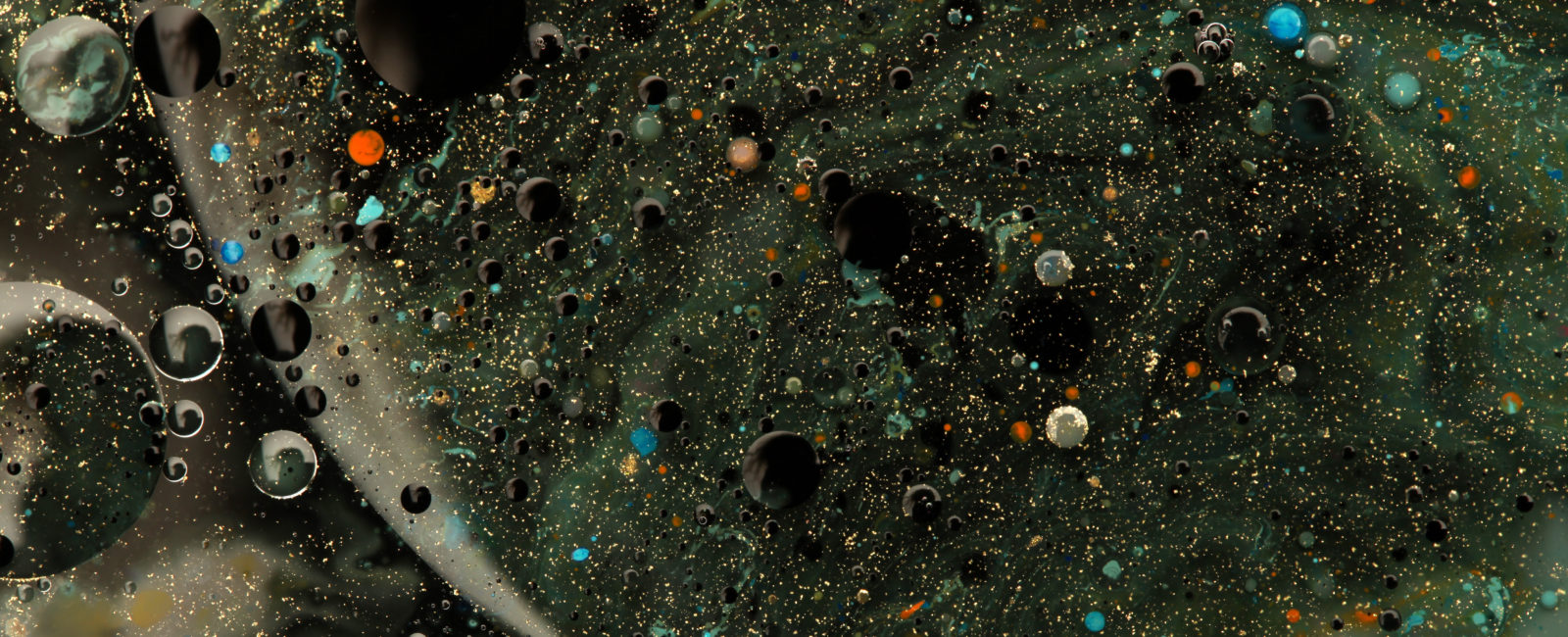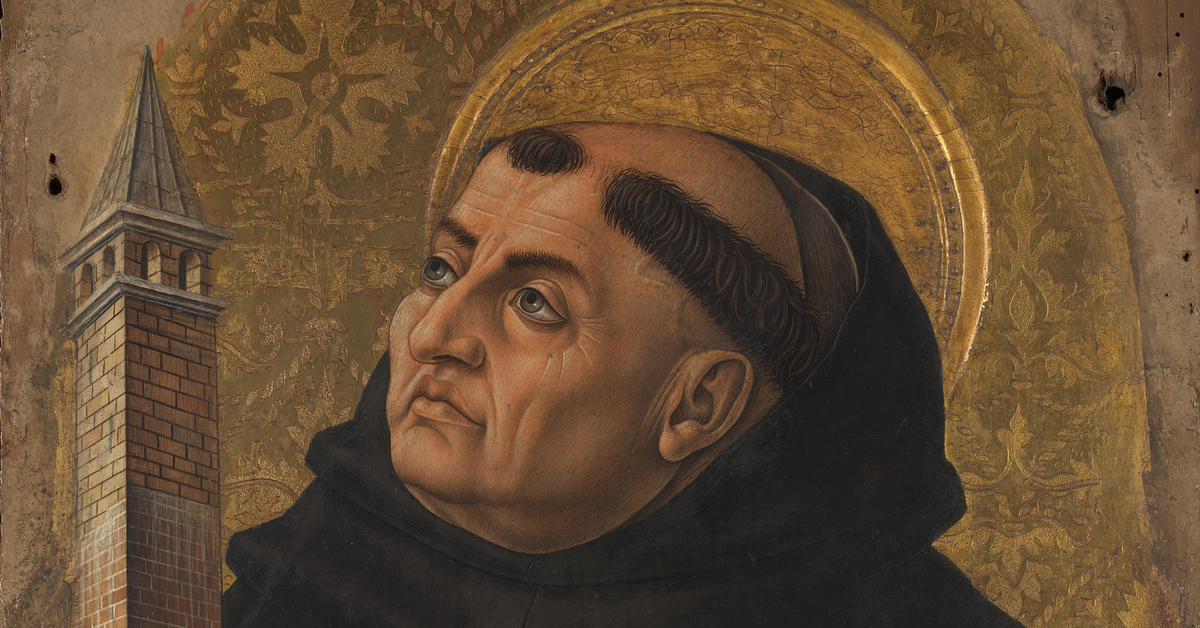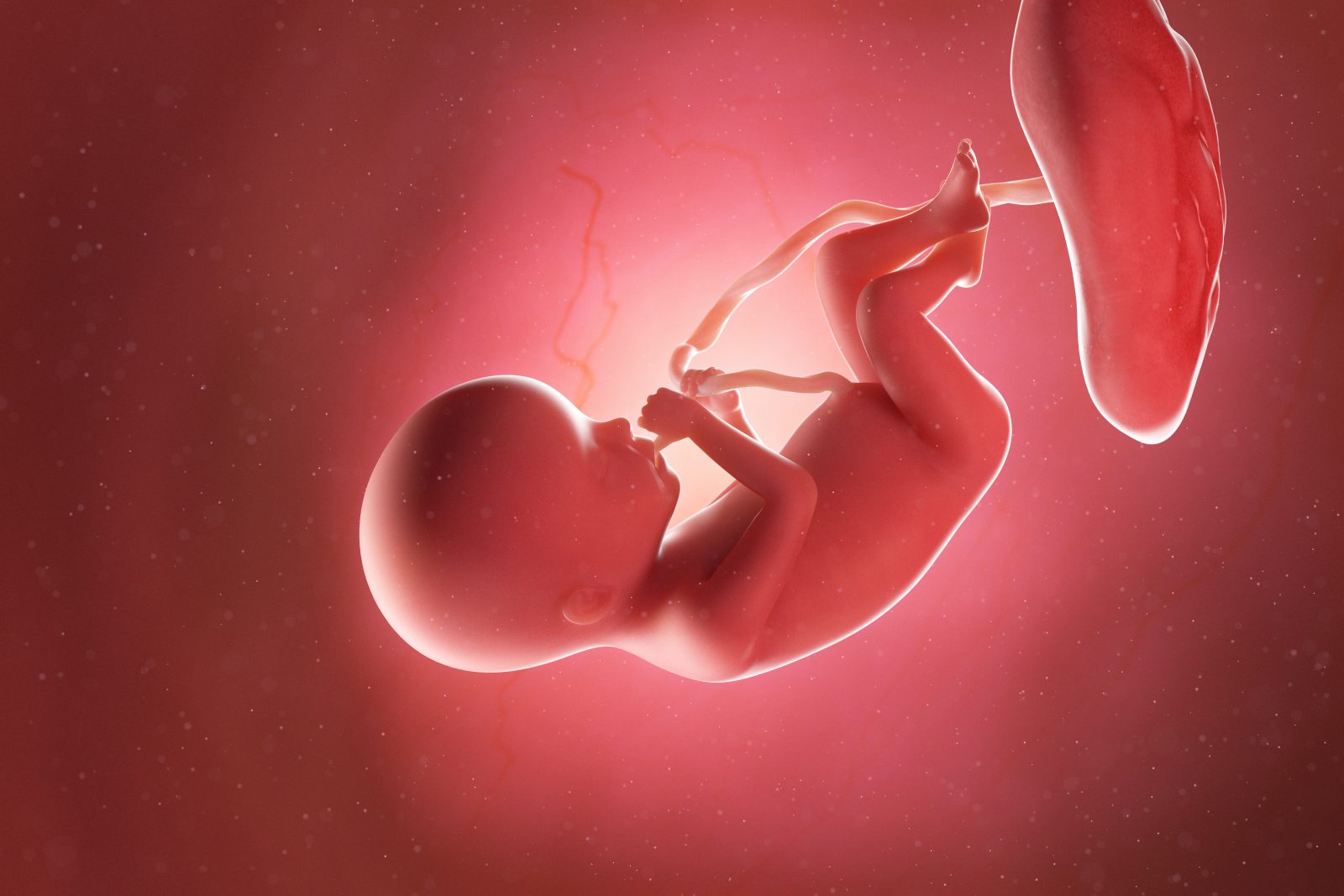


The Innovative Cellular Engineering That Keeps Us Alive

God’s Grandeur: Ann Gauger on the Scientific Case for Design

How a Teacher Wrecked Biology for Me, and How I Got Past It
On today’s ID the Future, Tom Gilson, a writer and editor for The Stream, shares his experiences in high school biology. Important mysteries (i.e., major problems) with evolutionary theory were hurried past and papered over, and yet his biology teacher could take an entire class period to tell Charles Darwin’s life story, and then repeat the same class, virtually verbatim, five more times that same semester. Tune in to hear how the class put Tom Gilson off of biology, but how he now finds the subject fascinating, thanks to the work of intelligent design researchers and the larger community of life scientists. Gilson’s commentary is taken from, and builds on, a recent essay of his, available at Evolution News.

Ann Gauger: A Scientist’s Circuitous Journey to Faith
On this ID the Future, host Eric Anderson sits down with biologist and intelligent design proponent Ann Gauger to hear her story of how she got into the intelligent design movement and how the evidence for design has shaped her life. It begins with a lonely girl on a Kansas military base who at one point loses her Christian faith but also discovers the wonders of nature, and friendship, when she is given a horse and begins taking it for long rides in the countryside. Her intellectual journey takes her to MIT, the Scripps Institution of Oceanography, the University of Washington, and eventually into the Catholic church, where she explores becoming a nun until a conversation with echoes from the Sound of Music leads her in a different direction. Tune into hear the first part of Gauger’s moving story, and come back for the second half of her conversation with host Eric Anderson. Today’s episode is the first in an occasional series, Why It Matters, spotlighting leading intelligent design researchers and hearing from them about how they got into intelligent design, why they believe ID matters to our culture, and why it matters to them personally.

Casey Luskin Talks Intelligent Design and Cultural Renewal on the Dr. Jeff Show

Behe Counters the Best Objections to Irreducible Complexity and ID, Pt 3
On today’s ID the Future biologist Michael Behe and Philosophy for the People host Pat Flynn conclude their conversation (posted by permission here) about some of the best objections to Behe’s central case for intelligent design. One objection Behe and Flynn tackle in this episode: the idea of evolution overcoming the irreducible-complexity hurdle through co-option. That is, maybe the precursors to what would become one of today’s molecular machines, such as the bacterial flagellum motor, co-opted simpler machines being used for other purposes, allowing evolution to build a bacterial flagellum motor one small step at a time over thousands or millions of generations, even though the completed bacterial flagellum ceases to function at all when just one of its many key parts is removed. Behe has illustrated the idea of irreducible complexity with a mechanical mousetrap. Take away just one of its several key parts and it ceases to function even a little bit as a mousetrap. Evolutionist Kenneth Miller counters by noting that parts of the mousetrap could have served other purposes, such as a paper weight or a tie clip. Listen in to hear Behe’s explanation as to why such imaginative reasoning is no help to the evolution of irreducibly complex biological wonders like the bacterial flagellum. At the end of the conversation, Flynn points listeners to a web page where he has gathered his several conversations with Behe over the years, including two that involved debates with pro-evolution guests. That page is here. Flynn also calls attention to Behe’s four books, including his latest one, where he answers many objections posed by his critics, with many of the critiques appearing in high-level science journals. The book is A Mousetrap for Darwin. You can get it here and here in hardcover, paperback, or Kindle/eBook.

Behe and Ramage: Evolution’s Limits and the Fingerprints of Design
Today’s ID the Future wraps up a debate over evolution and intelligent design between Lehigh University biologist Michael Behe and Benedictine College theologian Michael Ramage. Both Behe and Ramage are Catholic, and they carry on their conversation in the context of Catholic thinking about nature and creation, in particular the work of Thomas Aquinas and contemporary Thomist philosophers. Ramage seeks to integrate his Thomistic/personalist framework with modern evolutionary theory’s commitment to macroevolution and common descent. Behe doesn’t discount the possibility of common descent but lays out a case that any evolution beyond the level of genus (for instance, the separate families containing cats and dogs) cannot be achieved through mindless Darwinian mechanisms and, instead, would require the contributions of a designing intelligence. Behe then summarizes both the negative evidence against the Darwinian mechanism of change and the positive evidence in nature for intelligent design. This debate was hosted by Pat Flynn on his Philosophy for the People podcast, and is reposted here by his permission.

Behe and Ramage Debate, Pt. 2: Evolution, ID, and Aquinas
Today’s ID the Future continues the conversation between Catholic intelligent design biologist Michael Behe and Catholic theologian Matthew Ramage. Both agree that nature points to a cosmic designer, but Ramage says he prefers, on aesthetic grounds, the idea that the biological realm has the capacity, gifted by God, to evolve on its own without the need for intervention by God. Behe notes that people have different aesthetic predilections, but it’s the scientist’s job not to figure out how he would have preferred things to have happened in nature, but to discover how they actually did come about. Behe also says that while the sun, moon, and stars do move according to fixed natural laws, it doesn’t follow from this that the many complex forms we find in biology arose purely through natural laws. The question of how they arose requires scientific investigation. Philosophy for the People Podcast host Pat Flynn leads the discussion, which is reposted here by his permission.

David Galloway: The Fetal Circulatory System is Irreducibly Complex
On today’s ID the Future, distinguished British physician and author David Galloway explains why he’s convinced that the human fetal circulatory system is irreducibly complex and therefore beyond the reach of blind gradualistic evolution to have built. In his conversation with host and fellow physician Geoffrey Simmons, Galloway also mentions some molecular machines that he’s convinced are irreducibly complex and shout intelligent design. The occasion for the conversation is Galloway’s new book, Design Dissected.